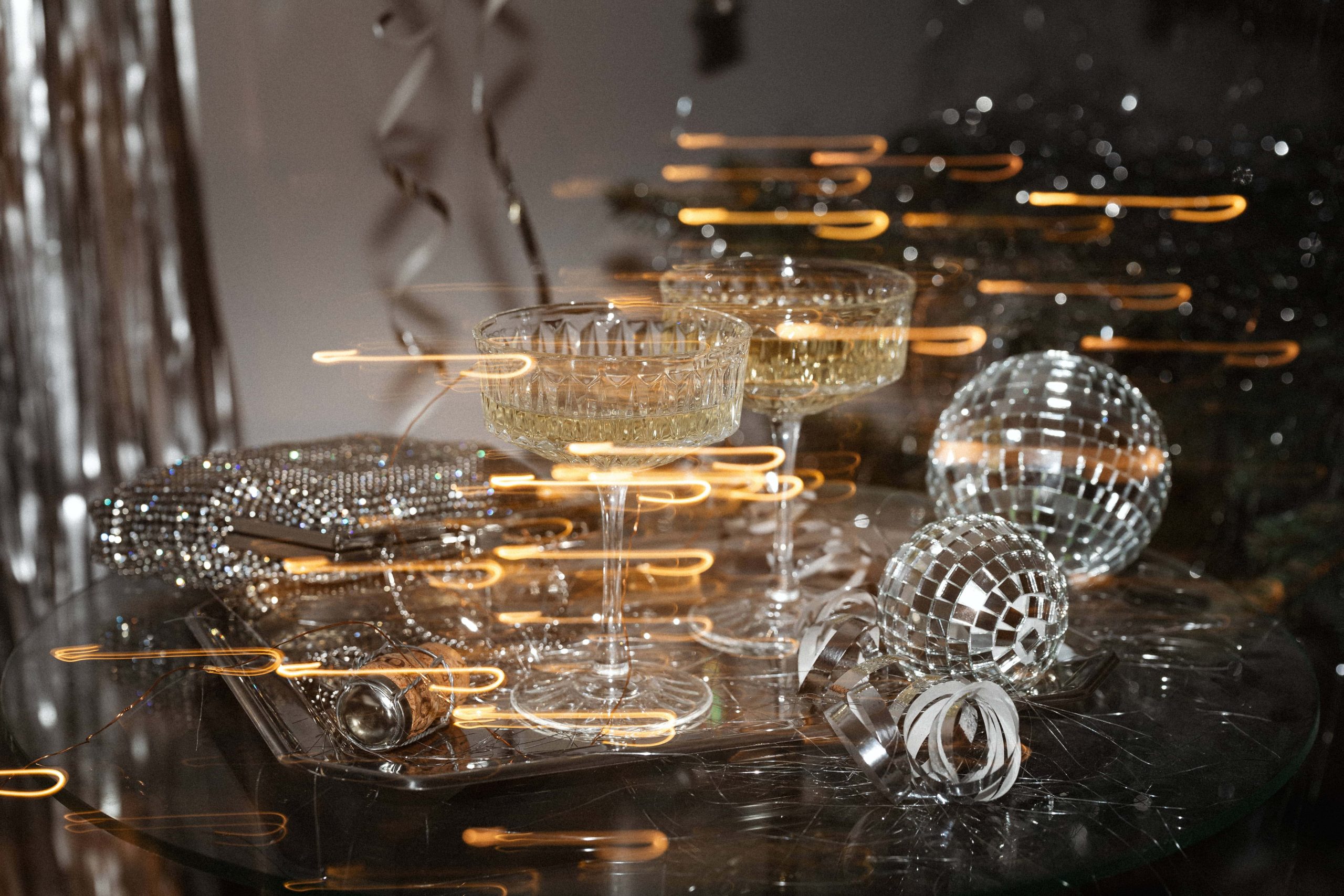Discussions of how being Asian and white affects one’s identity during a time of increased anti-Asianness.┬á
TW// Racism, xenophobia and violence
By Shahrazad Hand
We live in a highly racialised world. From anti-covid attacks that target Eastern Asians to anti-Muslim attacks that target South, West and Central Asians, hate crimes against Asian people are increasing rapidly. As a biracial person of Pakistani and British descent this topic is very close to home. Where do mixed race people fit in? Is there a danger we don’t fit in anywhere? I interviewed several young people to gain an insight into what discussions about anti-Asian racism look like in mixed race families. Six different mixed-race people with heritage from across Asia were interviewed:┬áSophie┬á(Thai, Indo-Caribbean and British),┬áSarah┬á(Indonesian and Dutch),┬áJulia┬á(Japanese and British),┬áEilidh┬á(Indian and British)┬áSofia┬á(Yemeni, Irish, Indonesian and Dutch) and┬áDan┬á(Pakistani and British).
The “Perpetual Foreigner”
Frequently, people of mixed race feel they do not belong to either of their ethnic communities. The phrase “perpetual foreigner” comes to mind. This phrase was typically used to refer to Asian-Americans who were born and raised in America in the post-war period who did not feel they belonged where they were born. It is striking that this remains a relevant term in the twenty-first century.
Growing up in Japan, Julia saw herself as a white person. When she moved to Britain as a 13-year-old and was suddenly viewed as Asian her whole perception of herself changed. She says that her parents “don’t understand what it’s like to be a mixed person” because “they have a place where they belong” whereas “I never feel like I belong in one place”.
Similarly, Sarah, when in Indonesia says that her family are “accepting but I do feel like an outsider”. They think that “I’m a princess because I’m half white”. Alternatively, in the Netherlands, she is often given looks or questioned on her ethnicity.
Dan, born and raised in Wales, also feels this relativity of identity, “I don’t feel entirely at home surrounded by white people or surrounded by Pakistani people”. Dan feels he understands Welsh culture better than Pakistani culture as he grew up here.
Sophie experiences “a personal sense of not belonging” rather than truthfully not being accepted: “Growing up in a predominantly white area, I always felt a bit disconnected”. Eilidh and Sofia also feel a sense of being neither white nor Asian.
Mixed Race Marriages
Asian communities can be disapproving of mixed-race relationships. Sarah and Dan discussed the experiences of one parent being descendant of the other parent’s colonial masters:┬á
Dan’s father is English whereas his mother’s parents were born in British India. The fact that Dan’s parents follow the coloniser-colonised dichotomy created many issues. His mum’s parents were at first tentative of her marrying an Englishman but on choosing to convert to Islam they accepted him. Dan’s paternal grandfather, however, commented on how “exotic” it was of his son to marry an Asian woman.
Sarah’s mother secretly dated her father for two years as she knew her parents would disapprove of her dating a non-Muslim especially not a Dutch one. Her maternal grandparents were very disapproving of the marriage to start with as a result of the Dutch being colonisers in Indonesia but as he chose to convert to Islam, they became more accepting.
‘White Pride’
Many mixed-race Asian people are taught to be prouder of their whiteness than their Asianness. Growing up in a predominantly white area in Wales Sofia says that “I’ve been made to feel more comfortable embracing my whiteness, I feel quite disconnected from my Asian side”. Dan also feels this saying “living surrounded by white culture has made me more comfortable and aware of white culture than of Pakistani culture”. Eilidh too feels a disconnect from her Indian heritage as her dad did not give her much insight into it growing up.
Sarah discussed traumatising experiences of her mother advising her to stay out of the sun for fear of her getting “too dark”. She also remembers seeing skin bleaching shower gels in her family’s home in Indonesia and is often praised for being lighter skinned. Julia was also often praised for being light-skinned or “beautiful and white” as they call it in Japan.
Discussing #StopAsianHate
Currently, Eastern Asians (in particular) are experiencing an extreme rise in hate crimes. However, this is not new. Asians have always been victims of racial attacks particularly in Britain where they are the biggest ethnic minority. The skinheads that targeted South Asians (particularly Pakistanis) from the 1960s onwards are just one example of a historic spike in anti-Asian hate crime. 
All interviewees have found it extremely distressing to see the rise in hate crimes. The crimes are so personal because they affect us and our families. Julia, a student in Southampton where Peng Wang was recently attacked, has stopped walking outside alone for fear of being the next victim. Sarah has stopped looking at the news as it is “too personal”. Sofia has found the coverage “sobering”.
As mixed-race Asians we must explain to close family the issues we face as Asians. Eilidh feels that her mother doesn’t understand the nuances of racism leaving her to sometimes feel uncomfortable in her own home. Sarah says her white family members are really “complacent in colour-blindness” meaning they ignore her experiences as a person of colour saying they do not see her “like that”. Sophie has been told she has a “victim complex” and “shouldn’t talk about race at all” when trying to recount her experiences of racism.
However, it is not all negative. This recent rise in activism for Asian people has created an environment of education. Many activists are educating others on what is anti-Asian, from stereotypes to making fun of our accents. Every person interviewed believed education was the best hope to permanently end Asian hate and it seems like this is gathering momentum.
(image from unsplash.com)


